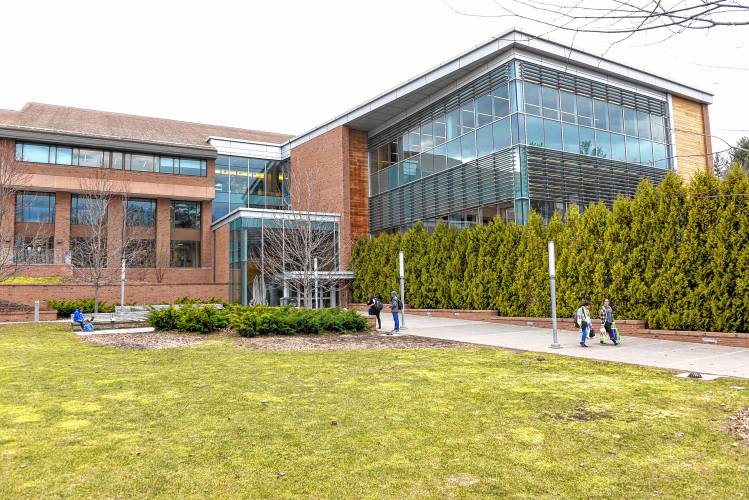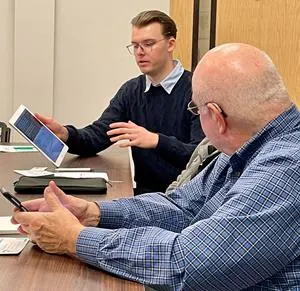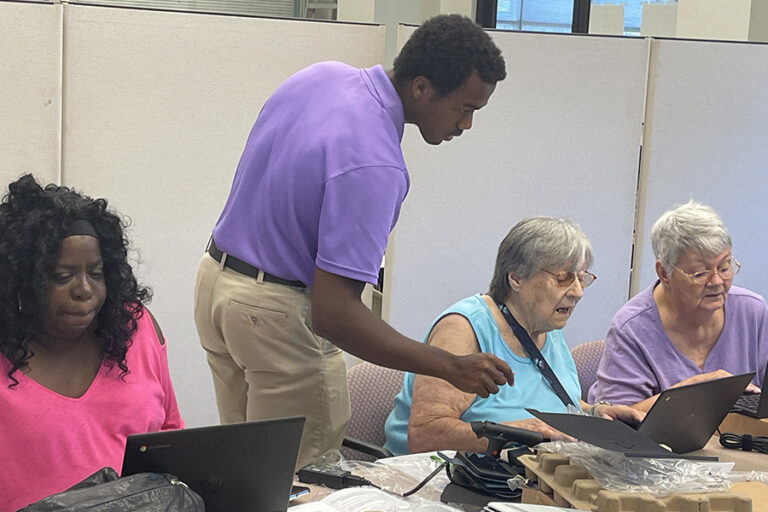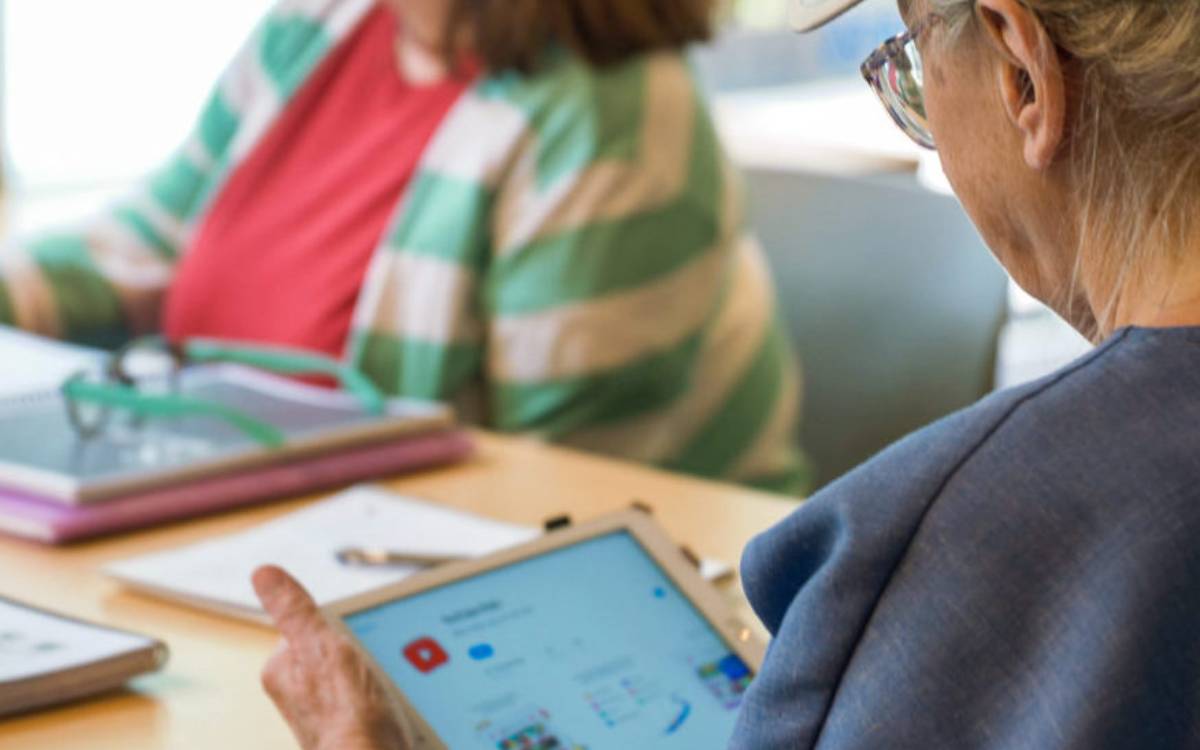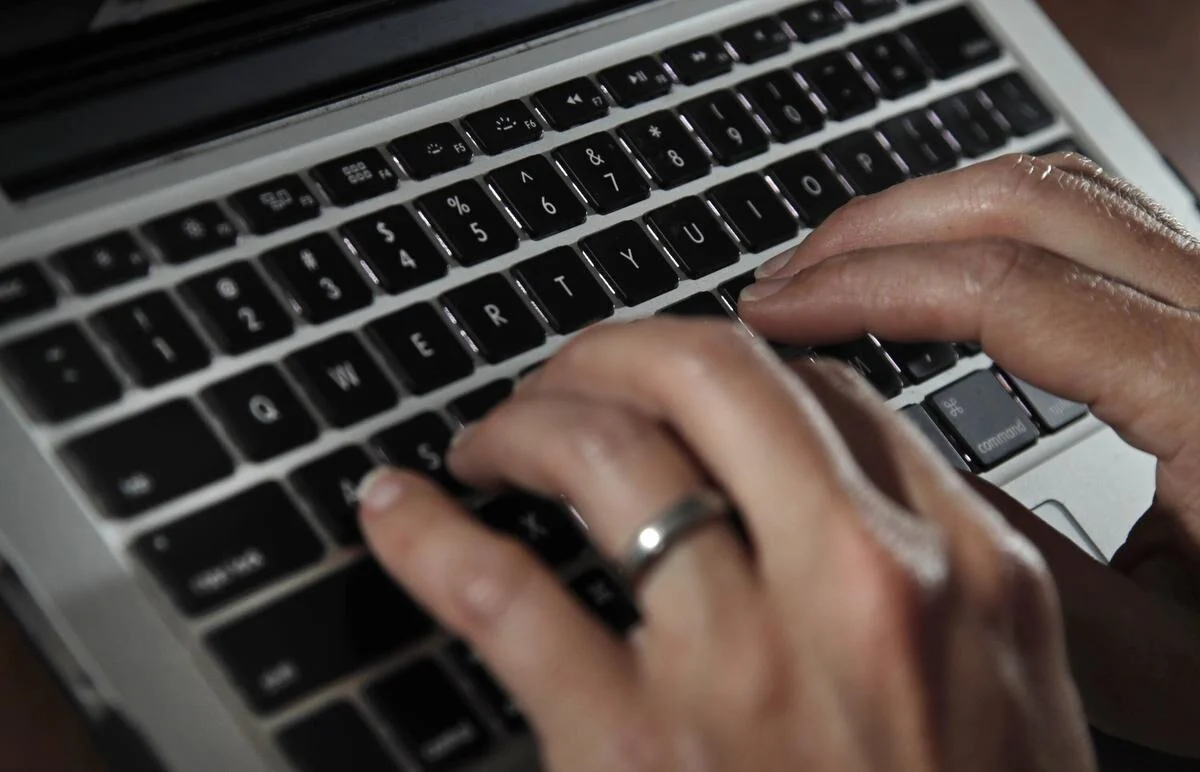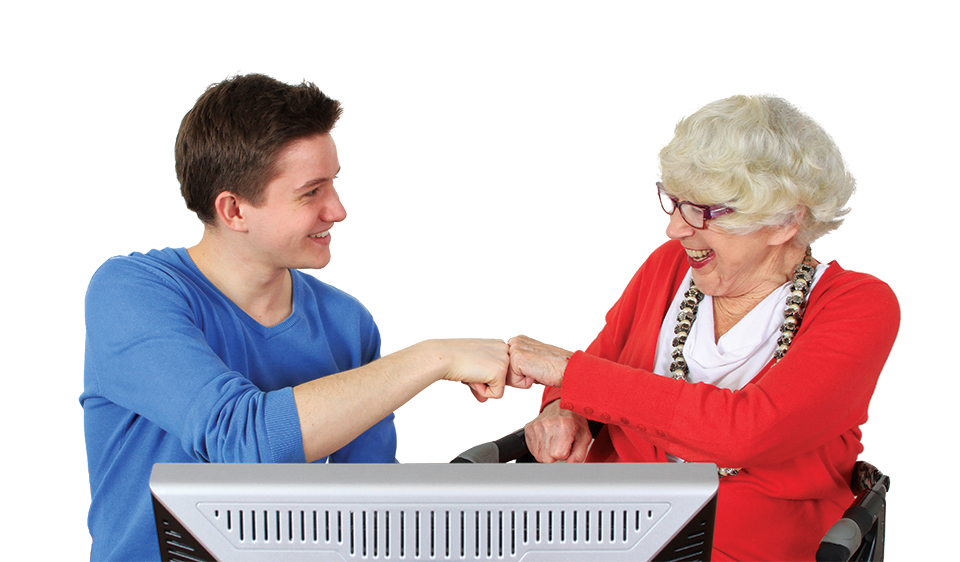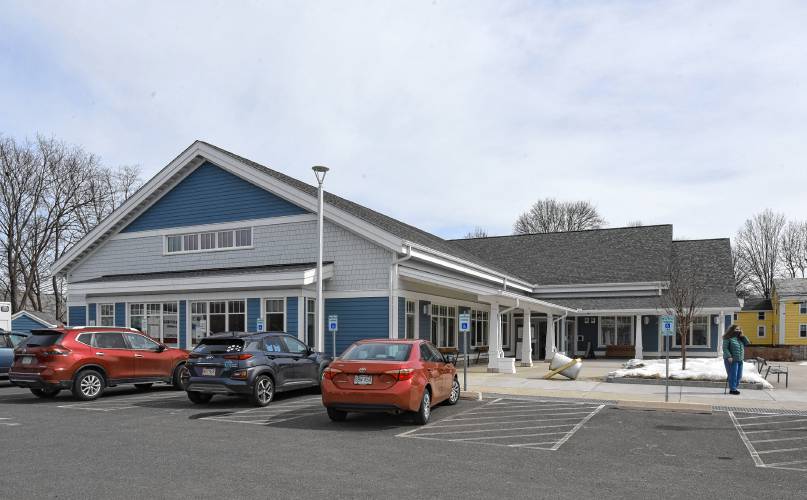My Turn: GCC effort turning elders into ‘Cyber Seniors’
By Judy Raper
Published: 02-12-2024 5:49 PM
It would be an understatement to say that our world is becoming increasingly digital and the pandemic has only accelerated this shift. The reality is one uses digital skills to pay bills, access health records, watch television, connect socially, access education, shop and so much more. Increasingly, strong digital skills are needed to meet our most basic needs, and this “new normal” alienates and marginalizes multiple demographics, including people living in rural areas and those living at or below the poverty line.
One of the demographics most impacted by digital exclusion are older adults. Given that one in three residents in Franklin County will be over the age of 65 by 2030, it is imperative that we lend resources, compassion and our collective will to addressing this issue.
A few years ago, Greenfield Community College established a program to address the digital equity challenge faced by older adults. It is modeled after the international program “Cyber Seniors” (cyberseniors.org/), and involves young people (who are digital natives) meeting one-on-one with older adults to assist them with laptops, phones, tablets and questions related to technology. This summer, the Greenfield Senior Center received a grant from the state Executive Office of Elder Affairs, and partnered with GCC allowing for significant expansion of this critically important program.
The impact of this program cannot be overstated. One participant said: “This is the most awesome opportunity I have had in my life in over 10 years. I am so excited and hope the program continues and grows!” You can register for an appointment here: gccfor.me/cyber.
An added and significant benefit of this initiative is the intergenerational bond that grows from spending time together learning about devices essential to quality of life. Young people have grown up in the digital world, but for older adults, technology is not our native language. Confidence grows for young people as they are able to share valuable information and expands for older adults as they acquire skills and knowledge that previously seemed unattainable.
Learning is best facilitated in the context of relationships. Cyber Senior tech mentor and GCC student Liv Dow said, “I have loved helping older adults develop the skills they need to connect with their family and friends. It makes a huge difference in their lives.”
Unquestionably, the evolution of technology in our society has allowed us to progress in important arenas, but has also resulted in unintended harms. Cyber Seniors affords us the opportunity to align technology with the opportunity to serve our collective best interests.
The additional financial resources afforded by the state grant has allowed GCC to hire Cyber Senior Coordinator Donna Dusell. “As someone who didn’t grow up with technology, but was an early adopter, I have appreciated seeing how both sides of the spectrum can come together to learn from each other and forge intergenerational connections,” Donna said.
In addition to expanding one-on-one hours, we have begun offering workshops about topics such as understanding email, organizing photos, cybersecurity, social media and more. All of these workshops are offered free of charge to participants. You can register here: gccfor.me/engage-tech. We have even developed a podcast by and for older adults covering topics such as music, dementia, intergenerational conversations, volunteer opportunities in the Pioneer Valley and more. It is called “Backyard Oasis.” You can listen to our podcast here: gccfor.me/backyard-oasis. We are always open to new ideas!
An essential role of any community college is to partner with local leaders and organizations to address challenges and serve as a cultural, social and educational anchor for the regions they serve. Indeed, they play a crucial role in the preservation of democracy. Democracy demands that individuals have fair access to the information required for full participation in society. We owe it to the older adults in our community and ourselves to do all we can to ensure digital inclusion.
When we strive for inclusion and equity, life is enhanced for all of us. Providing access to digital education is a requisite component of fulfilling that promise. Whether you are an older adult who desires to learn more about technology or know someone who could benefit from Cyber Seniors, we hope you will take advantage of this incredible resource. If you have suggestions or questions, please email me at raperj@gcc.mass.edu.
Judy Raper is associate dean for community engagement at Greenfield Community College.

